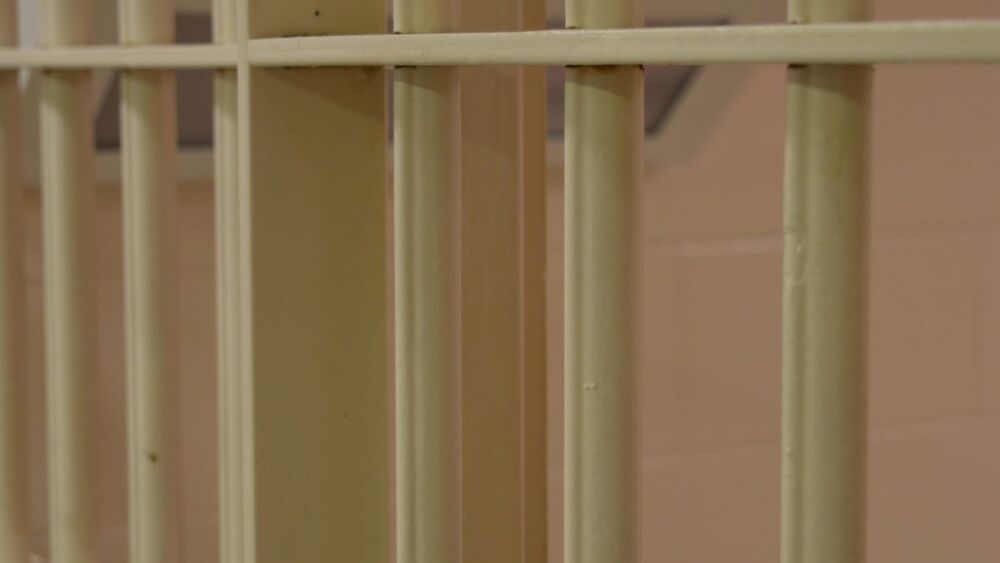By Alyssa Burr
mlive.com
LANSING, Mich. — Under Michigan’s clean slate law, the state’s automatic expungement process went into effect this month.
The state anticipated there would be one million residents who will have convictions automatically erased for various prior convictions. Formerly incarcerated Michiganders and criminal justice reform advocates have said automatic expungement would remove barriers preventing the formerly incarcerated from receiving job opportunities, education and housing.
Here’s a breakdown of what automatic expungement means:
What is a “clean slate” law?
Michigan’s automatic expungement, or “clean slate” law, went into effect on April 11, 2021, but because of a two-year implementation period, it didn’t impact people until now.
The Michigan State Police launched the automatic expungement program, which will search the state’s criminal historical record database daily for eligible convictions to automatically expunge.
Once expunged, a law enforcement agency will be unable to make public the record of a person’s arrest, fingerprinting, conviction or sentence.
Which convictions are eligible to be automatically expunged?
State police will automatically erase up to four eligible misdemeanors punishable by 93 days or more in jail seven years after the sentencing date.
There is no limit on the number of eligible misdemeanors punishable by 92 days or less that can be automatically erased. If the conviction is recorded and maintained by the state police, it will be erased seven years after the sentencing date. If the conviction is maintained only in a court’s system, the court is responsible for setting aside the conviction seven years after the sentencing date.
Two eligible felony convictions will be automatically set aside 10 years after either the sentencing date for the conviction or completion of the sentence in a Michigan Department of Corrections facility, whichever occurs later.
Which convictions are not eligible to be automatically expunged?
Convictions for the following crimes, or attempts of, are not eligible for automatic expungement under the law: assault, a crime of dishonesty such as fraud or forgery, any violation related to human trafficking or any offense punishable by 10 or more years imprisonment. In addition, crimes involving a minor, vulnerable adult, injury or death are not eligible.
Additionally excluded are serious misdemeanors, crimes such as domestic violence, staking, indecent exposure, fourth-degree child abuse or breaking and entering.
There are also certain traffic offenses that cannot be expunged, including a conviction for driving under the influence, a commercial motor vehicle violation or crimes involving vehicle crashes causing injury or death.
Even if a conviction does not meet any of the above criteria, an individual must not have any criminal charges pending with the state police in order to qualify for automatic expungement.
What steps are required for a person to be automatically expunged?
Unlike the traditional petition process for expungement, records automatically cleared won’t require any action on the part of the recipient and should be cost-free. Residents with convictions that do not qualify for automatic expungement may still go through the traditional expungement application process, however.
The Michigan State Police will pass information about any convictions which have been automatically expunged to the court system on a daily basis.
Residents who believe they qualify for automatic expungement can use a debit or credit card and pay $10 to check the Internet Criminal History Access Tool, a Michigan State Police database to view their public records.
What happens if a conviction is improperly set aside?
If it’s determined that a person’s record was improperly expunged, the record can be reinstated by a court.
If a person’s conviction is automatically cleared but a motion is made by a person or a court that they owe restitution, that person’s conviction may also be reinstated.
—
©2023 Advance Local Media LLC. Visit mlive.com.
Distributed by Tribune Content Agency, LLC.












